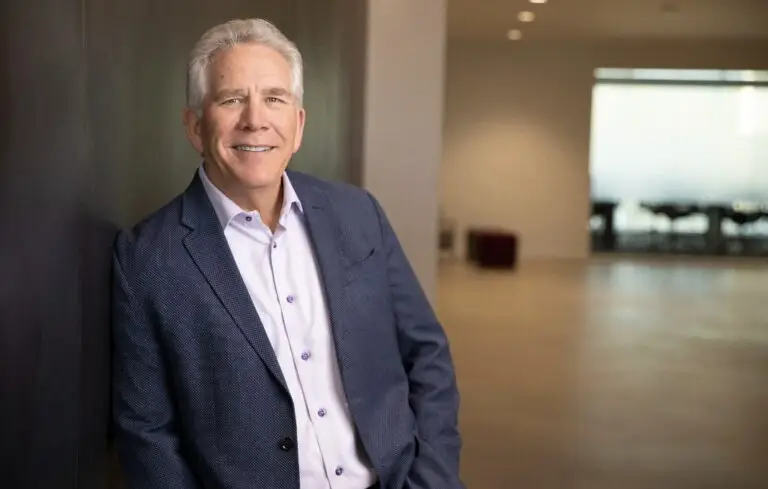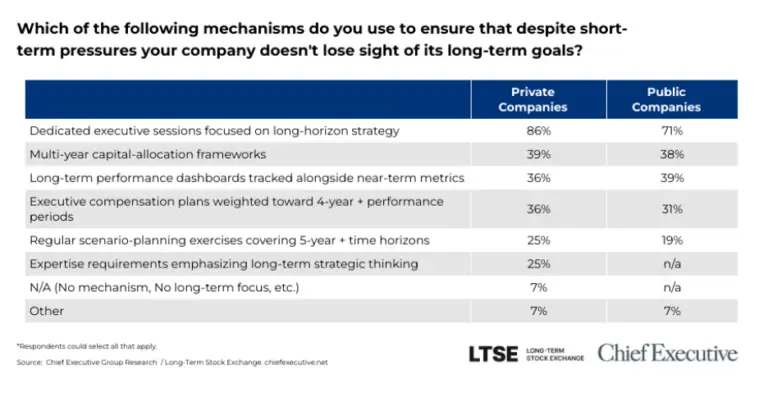
When Paul Barber graduated from the University of Cambridge in the early 1970s, they didn’t even have computer science courses. He was a math major.
His education on the software industry came as the founder and CEO of Prophix Software, a corporate performance manager application company based in Mississauga, Canada. The company started in the 1980s as a software distributor and kept on with this business through the 1990s. Then NAFTA happened.
“NAFTA meant that being a distributor in Canada didn’t make a whole lot of sense because U.S. companies could sell over the border and vice versa. If you were a European country, you wouldn’t want to have a distributor here in Canada. You want to have your main North American distributor in the states.”
As such, Prophix had to evolve. The company built corporate performance management software for financial professionals for reporting and budgeting. After trying its hand in producing products for large companies and then small companies, Prophix was able to find its niche market in the mid-2000s by servicing companies in the $100 million -$1 billion range. The growth has followed and today it has 1500 customers worldwide, with offices in Canada, the U.S., Europe and South America.
Barber spoke with Chief Executive about the competitive nature of the software industry, how it nurtures innovation and more. Below are excerpts from this interview.
What are some of the challenges Prophix faces on a day-to-day basis?
As the company has grown, we are constantly having to hire new people. We have a great workforce. I mean, we have people who’ve been working with us for 15 years in development and that’s almost unheard of in this industry. We do implementation work, I mentioned, so we have professional services consultants who we typically recruit many [at a time], they’re junior [level] and we grow them inside the company. As they stay with the company and they learn new things, we move them around. So, for example, right now our president and chief operating officer started with the company as junior consultants and the same as true for our VP of finance. I have lots of senior people inside the company that came on board that way. We do recruit from the outside as well. We have a great time. That’s one of the things that I think about day to day. Do we need another person in this particular department to do certain things? I think w recruiting people and training them internally has been a very positive thing for the company.
The biggest issue for a company like ours is sales. In the computer industry, and this is true of publicly traded companies, if you go and look at their finances, the biggest [expenditure] is sales and marketing. In our business, sales and marketing is key. People think of software as being a pretty easy gig, but in fact it’s very competitive. There are lots of companies out there and its very important that we do stay competitive and we bring in new customers on a regular basis. One of the things I’m always doing is going and talking to our VP of sales and saying, “What’s the pipeline like and are you going to make plans this month?” Those are kind of things that keep me busy. Just thinking about how we can do things differently and how we can be innovative in some of the products that we produce.
You guys are starting to use natural language processing and AI in the software. Talk about the process for taking an innovative technology and turning it into a scalable product?
Well, one of the things we are working on is anomaly detection. Our experience is that in many cases, [our clients] export their data from their accounting system or their ERP and input it into Prophix. New customers start looking at this data and they suddenly realize that they’ve got problems. People have posted information to the wrong account, the wrong department or the wrong company. Things like that. And they realize that their data is basically dirty and they have to put processes in place inside their company to make sure it doesn’t happen again. One of the things that keeps the CFO up at night is they present financial data to the CEO or the board and then afterwards they find out there’s a problem with it. The information is incorrect.
And so most companies spend time looking at their financial data every month trying to understand if there are problems. And that’s an issue that we were trying to solve for them. In other words, it’s something we should give them peace of mind about it. Not just a person doing it manually, but also the computer systems can do that using modern technology. So that’s something we’re really working on with regards to innovation.
What advice do you have for CEOs?
One of the things that I’ve learned over the years, as a company grows, you have to change your business model. When you have a dozen people in the company, everyone can do everything. You know, if a customer needs training, you can send anyone down there. You can have a guy in development give a two-day training course. As you grow bigger, you can’t really run the company that way and so you end up creating departments.
One of the challenges as the company gets bigger is you can create silos in those departments. This is something we went through. Around 2005-2007, we had departments and people weren’t meant to work collaboratively with people in other departments because the management running that department wanted to control everything. And we had what was really a task-based management culture. When the company’s small, it can work that way, but as you get bigger, it tends not to work very well that way. And we found ourselves in situations where senior people were working to eight o’clock every night to get stuff done and the junior people who work for them were basically not that busy. You’d say to the [senior person] why are you doing this and they’d say, “Well, you know, it takes me longer to explain to the [junior] person what I do and to train them. What I want to do is to do it myself because it’s quicker for me.” That’s what happens when you have a task-based culture. We brought in someone from a larger culture who introduced a culture of task-based processes.
So when we make a sale, it’s not just the guys in sales that are going to be involved, we have legal, we have finance, we have services. We introduced well-defined cross functional processes that said when we make a sale, these are the things that have to happen. That made a difference in the way that company ran. By having well-defined processes, it was easier to train people because everything was written down.
It totally changed the way the company ran. It also introduced us to a lot more communication between the functional areas of the company. We didn’t have silos anymore. A person in sales operations would talk to someone in personal finance, which we talked to someone in legal. And so basically it increased our productivity enormously. That was one of the biggest lessons that I learned.
Read more: Renegotiating NAFTA Could Impact E-Commerce, Manufacturing







